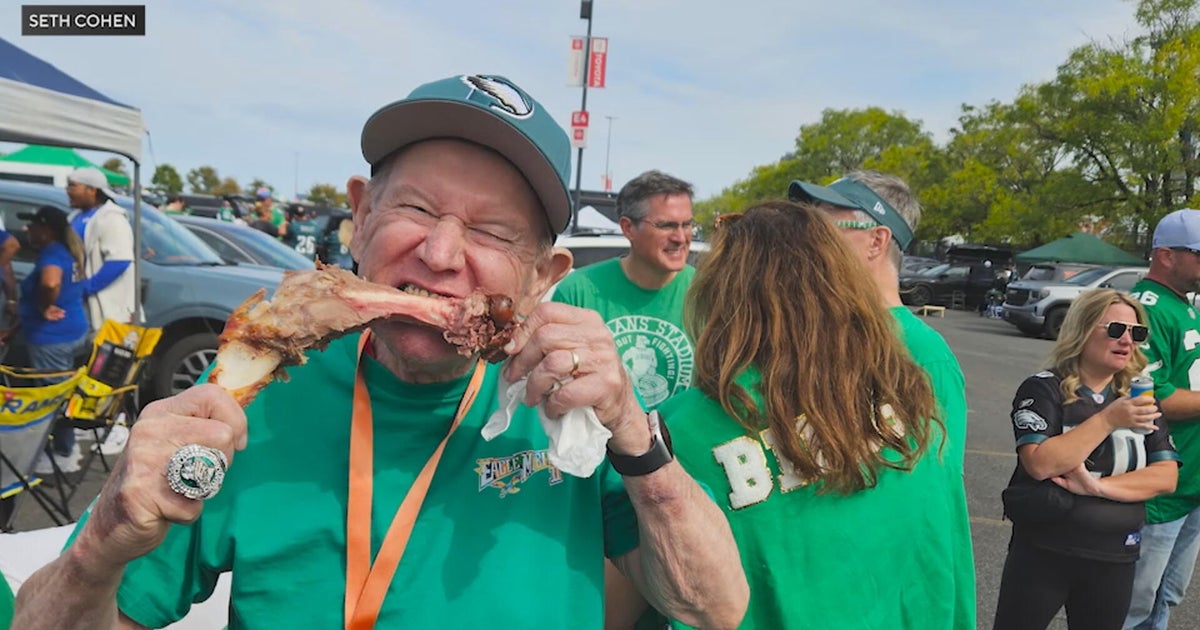Bernstein: Dave Duerson's Selfless Last Act
By Dan Bernstein--
It took some time and information before the report started to make any sense.
The Miami-Dade County medical examiner had confirmed that former Bears safety Dave Duerson committed suicide last week by shooting himself in the chest. It was something that had to be read a second time for confirmation, since that one, specific detail was so jarring.
People don't do that. Why would he?
When the late David Foster Wallace spoke to the graduates of Kenyon College in 2005, he said "Think of the old cliché about the mind being an excellent servant but a terrible master. This, like many clichés, so lame and unexciting on the surface, actually expresses a great and terrible truth. It is not the least bit coincidental that adults who commit suicide with firearms almost always shoot themselves in the head. They shoot the terrible master."
Duerson chose otherwise, but not because his master was any less terrible.
NBC 5's Peggy Kusinski reported Saturday evening that Duerson had sent a text message to loved ones asking "that his brain be left for NFL research, emphasizing he wanted the 'left side' checked out in particular."
The Center for Traumatic Encephalopathy at Boston University's medical school will study the brain over the next several months. Of the 14 brains of former NFL players examined already, 13 were found to have CTE – the buildup of sludgy, brown protein that causes dementia and depression, and is believed to be a factor in suicides.
For years, the NFL had pretended that football was not bad for your brain. Mounting evidence to the contrary was dismissed regularly by corrupt league doctors, as they followed the playbook of the tobacco companies as long as they could. Former players crippled by the game were seen as a threat, so their requests for aid were long ignored, and the link between repeated blows to the head and brain damage was denied.
It took a concerted effort by the NFL Players' Association to expose the harsh, obvious reality. As a disability panel was formed and individual cases of debilitated former players were detailed, it became impossible for the league to play dumb. Commissioner Roger Goodell has turned the NFL in the right direction by acknowledging the inherent dangers and vowing to help protect and inform players.
One of the three union representatives on that disability panel was Dave Duerson.
He had been a part of countless meetings, investigations and arguments over the ruined lives of demented players seeking assistance. One case after the other with so many aspects in common: what begins as a happy, successful retirement devolves into financial problems and personal strife, with the root cause being the deterioration of the brain. The punchy ex-NFLer is, itself, a cliché – but it is another example of "a great and terrible truth."
And this is why his suicide will reverberate through the ranks of current and former players, and may be looked back upon as a watershed moment for football.
He knew. He was aware.
The last statement he made was that football helped destroy him.
As his own life was unraveling – the domestic assault charge, divorce, his once-robust business failing, his home in foreclosure – he was seeing the same story he knew all too well.
This marks the first time that a former NFL player has taken his own life not just because of the aftereffects of football, but because of the knowledge and perception of them.
We may remember this not only as tragic, but sadly heroic.







